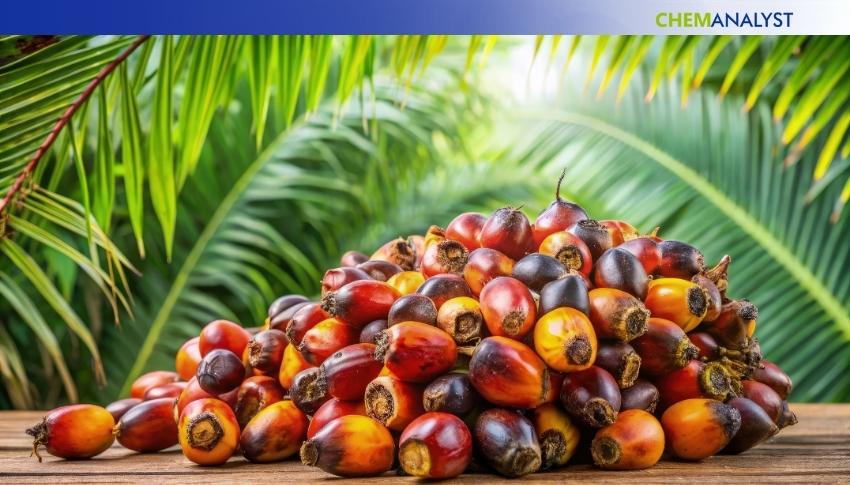Welcome To ChemAnalyst

Indonesia’s B50 biofuel plan may raise palm oil demand by 3 million tonnes, boosting CPO prices and reducing export surplus.
Indonesia’s plan to implement the B50 biodiesel mandate could significantly boost domestic palm oil consumption, potentially increasing demand by approximately 3 million tonnes. This estimate comes from a recent study conducted by CIMB Securities, a leading Indonesian investment bank. The proposed policy would involve blending 50% palm oil-based biodiesel with conventional diesel, a move that could contribute to a 6.2% rise in palm oil use based on the Indonesian Palm Oil Association’s (GAPKI) projected crude palm oil (CPO) output of 48.2 million tonnes in 2024.
According to the study, the increased demand from the B50 mandate could help stabilize and support global CPO prices, particularly in 2026, by absorbing surplus production. This support would be crucial in light of rising trade barriers, such as the recently announced U.S. import duties on palm oil — set at 19% for Indonesian palm oil and 25% for Malaysian exports, effective August 1, 2025. These tariffs are expected to dampen international demand, making domestic consumption strategies even more critical.
While the Indonesian Ministry of Energy and Mineral Resources has reiterated its intention to launch the B50 program, a firm implementation date has yet to be announced. The delay stems from ongoing expert consultations and assessments of both feedstock availability and national refining capacity. The transition to B50 biodiesel would necessitate the construction of five new biodiesel plants; however, only three are currently under development.
CIMB Securities maintains a positive outlook on the country’s progress with the B40 biodiesel mandate, which is already in motion and appears likely to meet its 2025 targets. The B40 program is expected to consume an additional 2 million tonnes of palm oil annually and help reduce Indonesia’s palm oil export surplus. Of the 15.62 million kiloliters of biodiesel allocated under the B40 plan, 7.55 million kiloliters — nearly 48% — are designated for public service use such as public transportation and are fully subsidized by the government. The remaining 8.07 million kiloliters are to be distributed at market prices without subsidies.
Looking ahead, the implementation of the B50 standard could have a tightening effect on Indonesia’s palm oil exports, particularly from 2026 onward. According to CIMB Securities, this could lead to firmer CPO pricing in the near future, providing a potential buffer against international market volatility.
Meanwhile, Malaysia, Indonesia’s key regional competitor in palm oil production, has increased its benchmark crude palm oil price and raised its export duty to 9% for August, signaling tighter regional competition and potential price shifts across Southeast Asia.
We use cookies to deliver the best possible experience on our website. To learn more, visit our Privacy Policy. By continuing to use this site or by closing this box, you consent to our use of cookies. More info.
